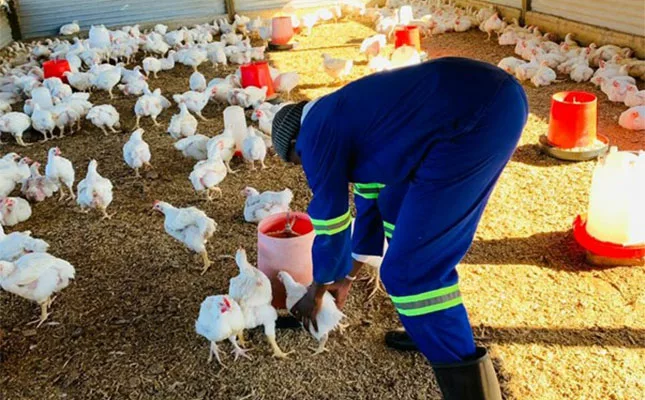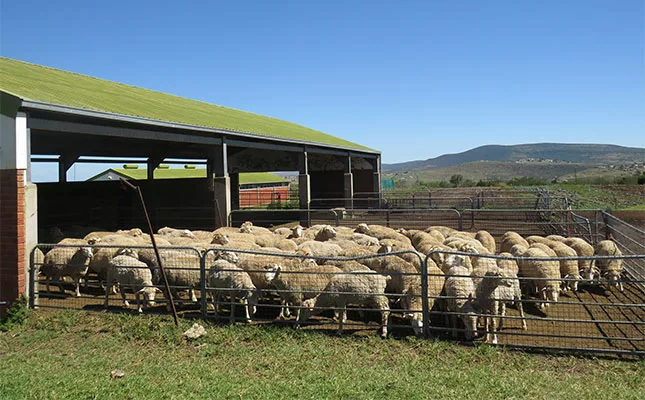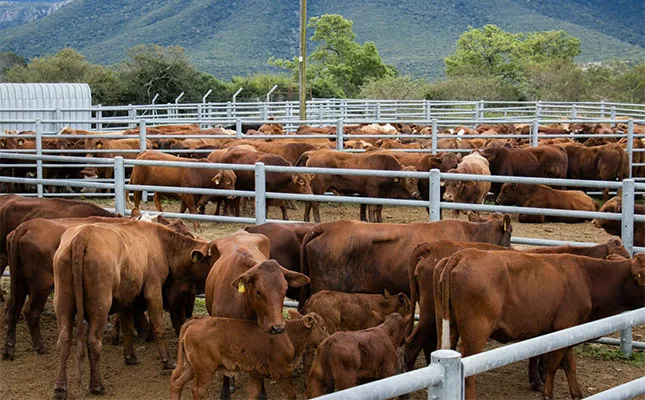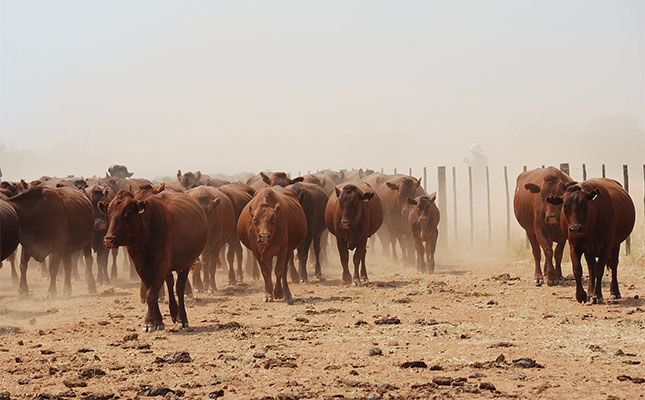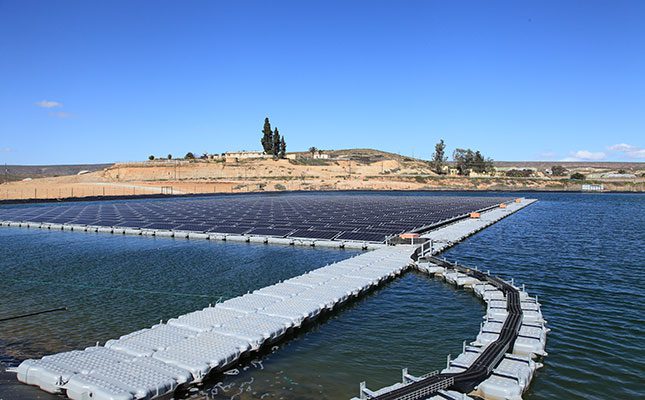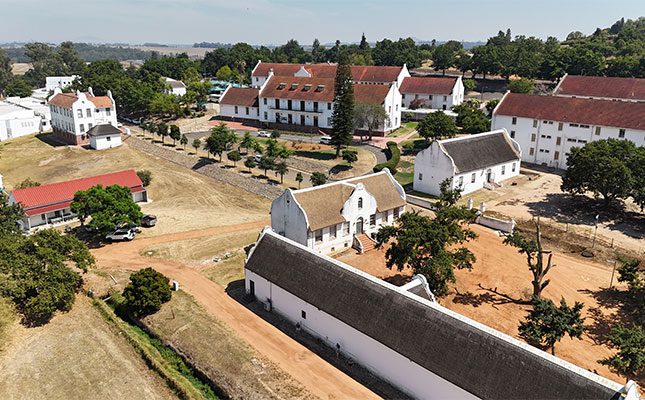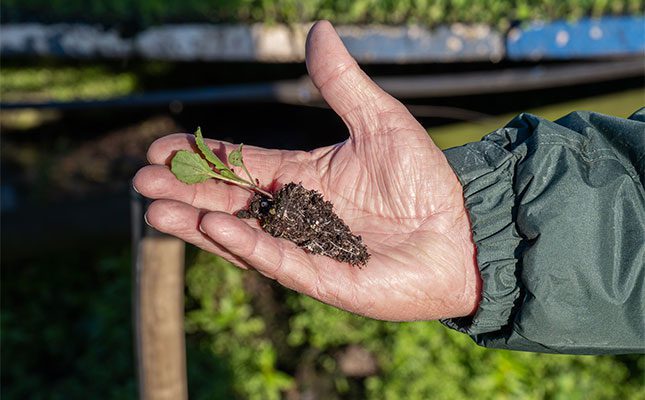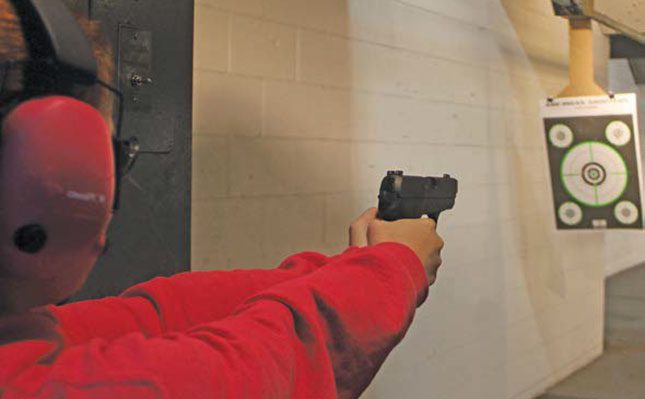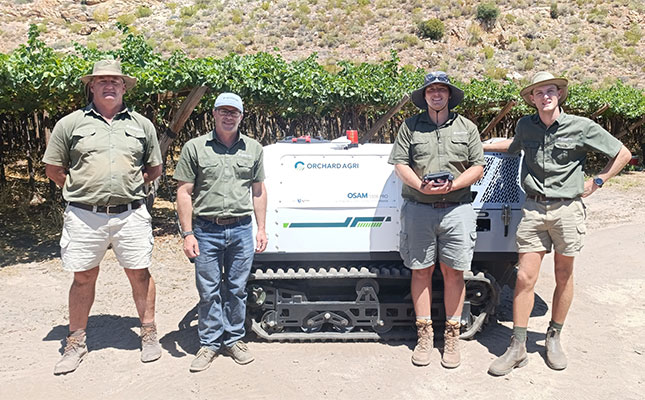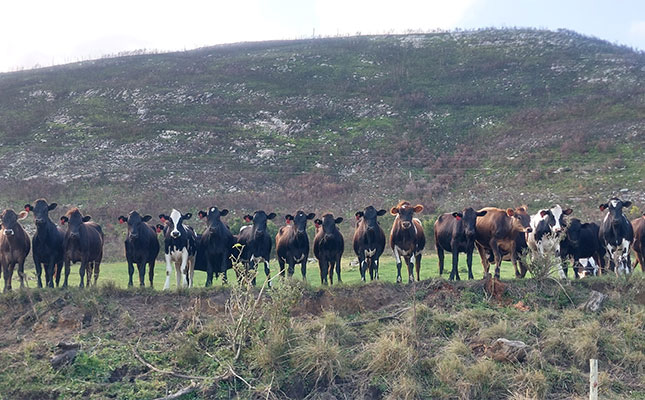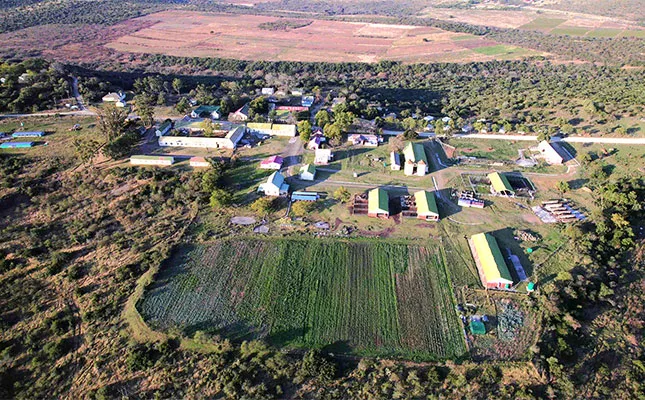
Established in 1930 near the town of Stutterheim, Fort Cox is South Africa’s first and only agricultural training institute to offer forestry and agricultural engineering as study options. It is also the country’s only semi-autonomous public agricultural college.
“This [semi-autonomy] allows us to enter partnerships with limited oversight. We only report to the state by submitting five-year strategic and annual performance plans,” explains Principal Mkhululi Mankazana.
Previously, the chief director at the national Department of Agriculture, Mankazana joined Fort Cox in 2022 and has seen many changes and partnership agreements. These include the registration of the Fort Cox Centre for Entrepreneurship, Incubation, and Rural Development (CEIRD) as a non-profit company in 2023.
The CEIRD works with the private and public sectors to create employment opportunities for agricultural graduates.
Student demographics and facilities
Student enrolment has increased from 332 in 2020 to 408 in 2025. Student demographics indicate a steady increase in female enrolment, with almost 44% of current students being female. On average, about 68 students enrol in advanced diploma studies, with almost half of these enrolled in animal production (as of 2025).
Fort Cox’s 1 500ha of agricultural land is divided into three sections: nurseries, crops, and animal production. Of this, 1 408ha is demarcated as grazing land and 5ha are used for vegetable production. Lucerne fields cover 9ha, while 10ha are under maize. The current area under citrus is 1,9ha, but there are approved plans to increase this to 30ha.
The nursery produces seedlings in tunnels, two of which are climate-smart hydroponic tunnels.
The animal unit is made up of grazing camps; dairy, poultry, and piggery houses; poultry and large stock abattoirs; wool shearing; and classing facilities.
The institute also owns a workshop with nine tractors, a range of farm implements, and state-of-the-art agricultural engineering equipment. The campus also features a library, multipurpose laboratories, hostels, and guesthouses.
Training foresters, agricultural engineers, and more
Out of South Africa’s 11 agricultural training institutions, Fort Cox is the only one that offers diplomas in forestry and agricultural engineering. The first graduates in agricultural engineering – three female students – graduated in May this year.
The institute also offers agriculture diplomas with specialisations in agribusiness, animal production, and crop production, all at NQF level 6. Advanced diplomas in horticulture, animal production, and forestry management are accredited at NQF level 7.
Practical modules in forestry management include forest tree thinning, pruning, harvesting, forest economics, chainsaw operation, and fire management.
Fort Cox also offers occupational qualifications accredited by the Quality Council for Trades & Occupations and has applied to be the assessment centre. These qualifications are poultry farmer, pest management officer, and perishable produce export technology (all NQF Level 5), as well as livestock farmer and nursery supervisor (both NQF Level 3).
In addition, Fort Cox’s CEIRD offers occupational qualifications and skills programmes and provides mechanisation, logistics, and marketing services, as well as consultancy services through tendering.
To add value to their qualifications, students are trained in short courses such as mohair classing, artificial insemination, wool sorting, tractor driving, and animal feed formulation.
Additionally, they are placed on farms where they do 12 months of work-integrated learning. Agricultural engineering graduates are required to do six months of practical in-service training.
Partnerships and community service
Fort Cox has a community engagement plan with the four local traditional leaders – chiefs Gayika, Kama, Mhlambiso, and Zibi – to support the local communities with agricultural training and extension services.
The communities have prioritised citrus, forestry, livestock, poultry, and vegetable production. The college will also assist with mechanical services in the district as part of the Ilima Letsema programme, which provides agricultural support services to subsistence farmers.
Fort Cox has planted 500 citrus trees at Ulana Agricultural School and provides the students, teachers, and communities surrounding the school with technical guidance.
Furthermore, Fort Cox will be getting involved in the Ten Million Trees Campaign, in partnership with the Department of Forestry, Fisheries and the Environment, which was launched on 7 July 2025.
The college is also part of Forest21, a collaborative programme between five higher education institutions to promote climate-smart forestry and entrepreneurial innovativeness in forestry education.
With the introduction of its Diploma in Agricultural Engineering, Fort Cox has formed higher education partnerships with the Royal Academy of Engineering and the University of Lincoln in the UK, as well as several Southern African universities. These partnerships focus on curriculum coordination and staff development.
A partnership with the South African Poultry Association focuses on upgrading and modernising broiler and layer infrastructure, while collaboration with the Eastern Cape Department of Agriculture concentrates on farmer training, graduate incubation, and the professional development of extension officers.
In addition, Barloworld Equipment supplied Fort Cox agricultural engineering equipment, and the Eastern Cape Rural Development Agency (ECRDA) donated hemp processing equipment.
Hemp research
Fort Cox has two hemp research projects scheduled for 2025/26. The first, a trial project in partnership with the Agricultural Research Council, will test various hemp varieties and cultivars. The second trial on 4,5ha of land will be implemented in partnership with the ECRDA.
The institute also offers short courses in cannabis production, the use of chemicals and calibration, climate-smart agriculture, and aquaponics.
Fort Cox collaborated with the ECRDA and Cheeba Cannabis & Hemp Academy to train 101 farmers who are hemp license holders in optimal cultivation practices. An area of 1ha was planted for demonstration and purposes of cultivar evaluation, during which the variety SABL Assorted was deemed the best performer.
Successes and challenges
Fort Cox is the first agricultural education institute to have offered an entrepreneurship incubation programme, with 24 graduates participating over 18 months. Upon completion, the graduates were given starter packs worth R25 000 to continue their business proposals.
Academics are balanced with cultural pursuits. There’s the Fort Cox choir, which has earned medals in competitions, while outdoor recreation includes netball, volleyball, soccer, and rugby. After ending at the bottom of the rugby league in 2024, the Fort Cox boys claimed second place at this year’s South African Agricultural Colleges’ Rugby Week.
But it’s not all glory for Fort Cox. Like other agricultural training institutes in South Africa, it struggles with poor ICT infrastructure – hardware, software, and computer network resources.
In addition, the institute’s location, around 75km northwest of East London, and limited space for student residences restrict student intake.
“We struggle to attract diverse students and employees due to our relatively remote location,” says Mankazana.
“As students at agricultural training institutes don’t have access to [the National Student Financial Aid Scheme], funding and bursaries for agricultural studies are limited.
“We want to see students getting quality service both in terms of education and student life on campus.”
Interested in internships or partnerships? Phone Mkhululi Mankazana on 083 451 1551, or email him at [email protected].
For more information on Fort Cox’s courses, visit fortcox.ac.za.
Get trusted farming news from Farmers Weekly in Google Top Stories.
➕ Add Farmers Weekly to Google ✔ Takes 10 seconds · ✔ Remove anytime
